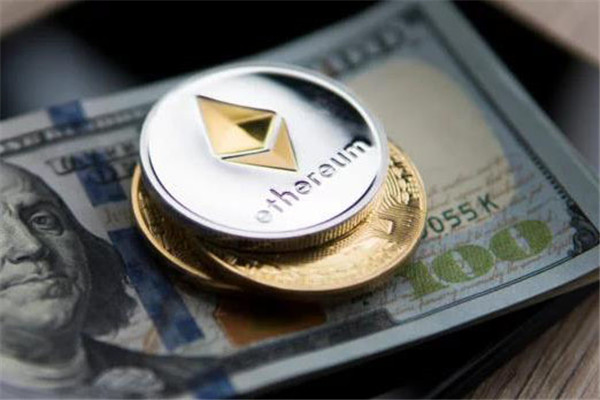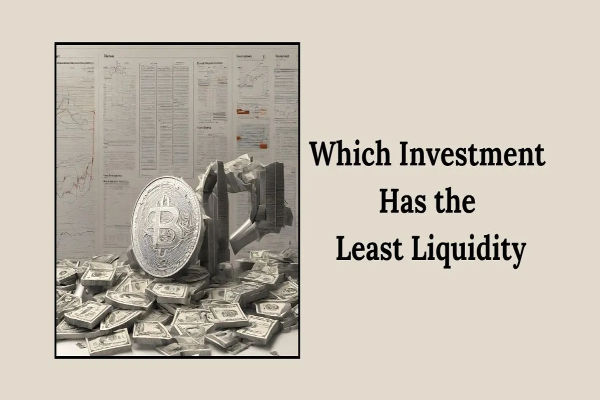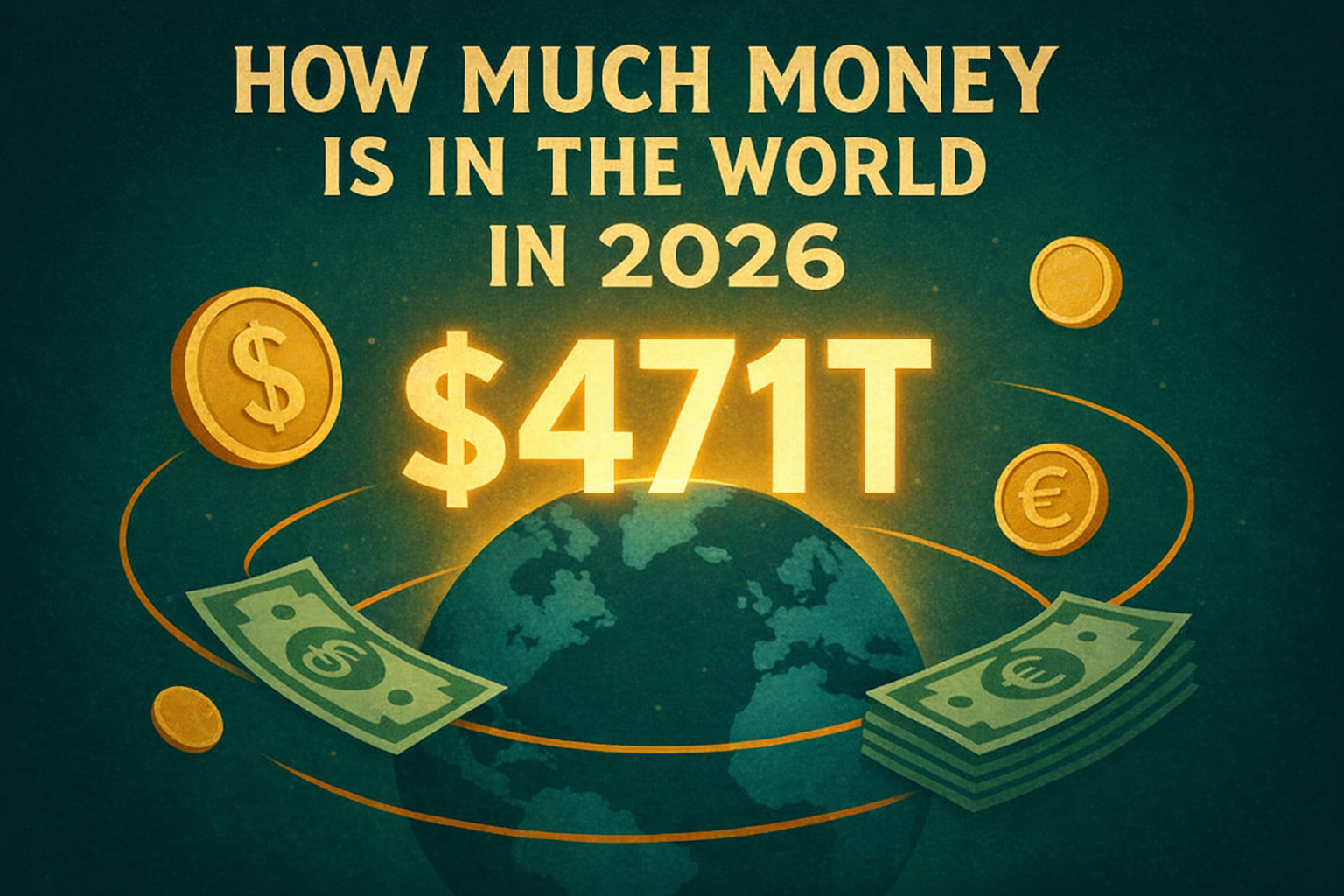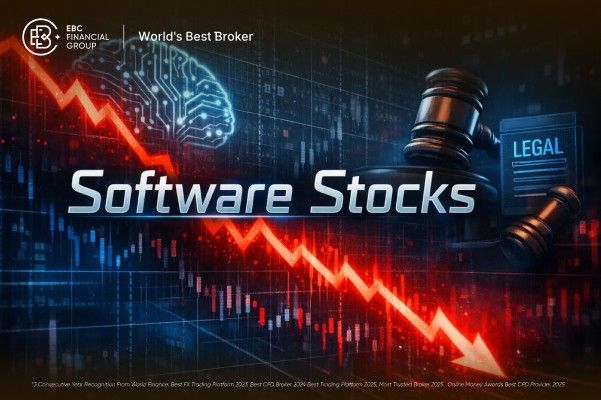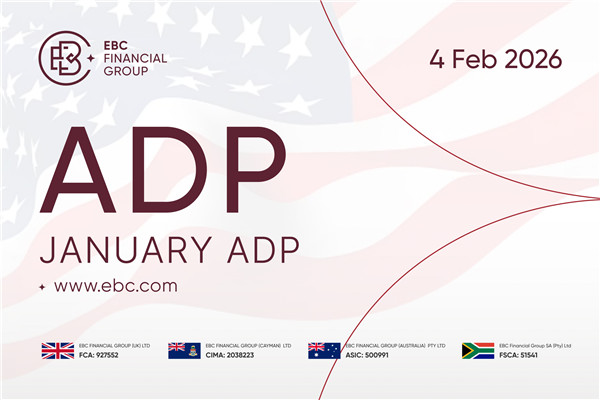Forex futures contracts, also referred to as currency futures contracts, are agreements traded on commodity exchanges. In these contracts, parties engage in public bidding to buy or sell a standard amount of forex at a predetermined price for future delivery. They serve as standardized contracts conducted on exchanges, specifying buying and selling prices as well as delivery dates for specific currency pairs.
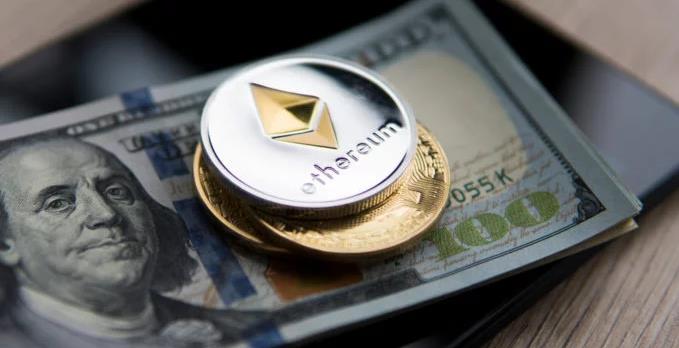
Its initiator is the international money market of the Chicago Mercantile
Exchange. It was established on May 16, 1972, and deals in eight types of
forex futures contracts, namely, the British pound, canadian dollar,
Dutch guilder, Deutsche Mark, Japanese yen, Mexican peso, Swiss franc, and
French franc.
In practice, futures contracts rarely involve actual
currency delivery between the trading parties but rather reverse operations
before expiration to offset the original contract.
The following is an explanation of the terms related to
futures contracts:
1. Bid Price: The price at which the buyer is willing to purchase the
contract and at which the seller can sell the contract.
2. Ask Price: The price at which the seller is willing to sell the contract
and at which the buyer can purchase the contract.
3. Contract Size: The standard trading quantity represented by a foreign
exchange futures contract, usually expressed in monetary units.
4. Delivery Date: The date on which the contract expires. The delivery date
refers to the date before which the contractual obligations must be fulfilled
for currency delivery or settlement.
5. Delivery Price: The monetary price that the buyer should pay when
fulfilling the contract on the delivery date
6. Expiry Date: The last day of the contract's validity period, after which
the contract cannot be traded or extended.
7. Quote Currency: The currency used in foreign exchange futures contracts
for pricing in transactions
8. Base Currency: The currency in foreign exchange futures contracts, used as
the benchmark unit of valuation in trading.
9. Leverage: Foreign exchange futures trading allows investors to use
leverage to control larger trading positions with less capital.
10. Profit and Loss: According to changes in the price of foreign exchange
futures contracts, investors can gain profits or suffer losses.
The characteristics of foreign exchange futures contracts include high
liquidity, leverage effect, standardized trading, transparency, and regulation.
Investors should fully understand contracts and related terminology before
participating in foreign exchange futures trading and adopt appropriate risk
management strategies. It is best to seek professional financial advice and
choose a suitable trading platform before engaging in foreign exchange futures
trading.
